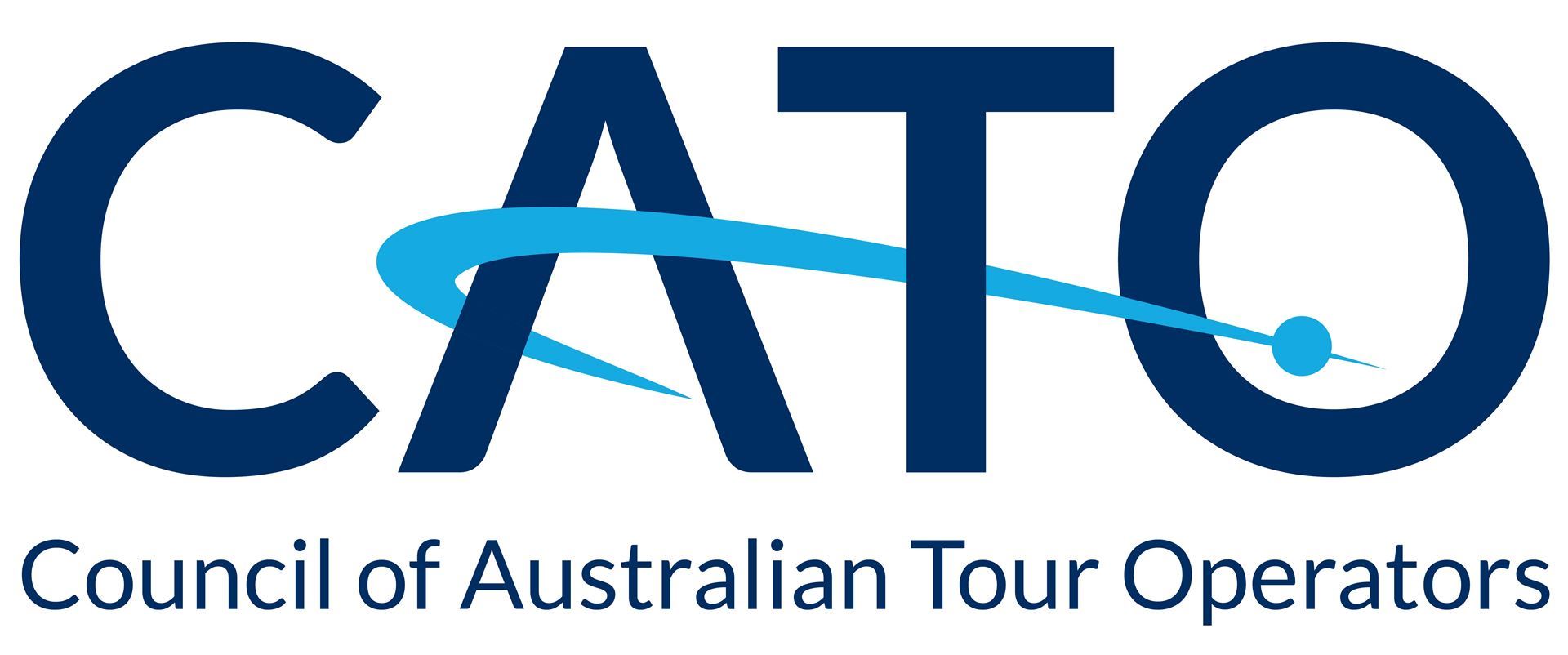Amid the mounting confusion and concern around the rights of travellers seeking refunds from bookings cancelled due to the impacts of the COVID-19 pandemic, Australia’s peak body representing tour operators and travel wholesalers explains to consumers why travel ‘credits’, and not refunds, are the optimal resolution.
CLICK HERE for a downloadable PDF version.
The COVID-19 pandemic has obviously had a profound impact on travel with widespread and ongoing ramifications.
One of the most contentious points being debated in mainstream media right now is consumer rights around refunds for bookings made where travel was not possible due to government restrictions imposed in the efforts to contain the spread of the virus.
The Council of Australian Tour Operators (CATO), the representative body for tour operators and wholesalers that supply travel experiences to Australian consumers, would like to provide deeper context for consumers to better understand the complex issue.
On face value, across-the-board refunds might seem to be a fair and reasonable outcome but CATO Managing Director, Brett Jardine, says it is not a straightforward proposition given the way the travel industry works from the inside.
"Behind every tour or holiday is a complex network of operators that work in unison to deliver the safe, seamless experiences we all expect when we travel," he said.
"Australian based tour operators and wholesalers develop international travel packages that are distributed through retail travel agencies and sold directly to consumers."
"During the development phase, these organisations commit time, money and resources working with independent suppliers based in the destinations where the travel takes place and who will ultimately deliver specific components of each holiday. So, once a booking is made, and even before, contractual commitments to the various parties involved have already been made."
A typical multi-day package may include many individual elements such as:
- International and domestic flights
- Airport transfers
- Ground transportation throughout (coach, rail, public and private transportation)
- Water transportation (ocean, river, barge cruises & ferry tickets)
- Accommodation and hotel meals
- Tour guides (including tour directors & local guides)
- Restaurant meals
- Entry fees to attractions
- Other special-interest inclusions such as cooking classes or horseback riding
- Government levies and local taxes
"CATO members completely understand the frustration and anger some travellers have right now which is why we felt it was critical to get the facts behind the headlines out there," said Mr Jardine.
"Once consumers are fully informed, they are in a much better position to understand why travel credits are the optimal outcome from this difficult and unprecedented situation."
Mr Jardine said in the majority of cases, travel credits for paid services have been negotiated between suppliers and the tour operators. "This is because the payment for international travel services are arranged months (sometimes years) in advance with contracts between tour operators and their suppliers that are binding," he said.
"Returning deposits, is not often an option. In normal times, our members would be hit with a cancellation penalty if they do not proceed with bookings. Hence, when an initial deposit for a holiday is paid, it is generally non-refundable as this is a commitment from the traveller seeking the services of the agent and tour operator to start preparing their future trip."
Travel plans might only involve a small number of components (ie: air and hotel) but a typical two-week tour can involve dozens of individual elements and this is where the complex nature of the international travel ecosystem can become challenging to follow.
"Whilst plans for one future trip may appear simple, virtually every itinerary is slightly different," added Mr Jardine. "Multiply that by the 6.5 million leisure trips taken by Australians in 2019, and a huge amount of time and energy is expended by professionals in every layer of the travel ecosystem or supply chain to be able to deliver the final travel product."
Most participants in the global travel ecosystem are supportive of travellers postponing their trips as opposed to cancelling and seeking a full refund.
There may be circumstances where a refund is a more appropriate course of action and in some instances, operators do offer refunds as part of their booking conditions. However, consumers do need to be aware that if a refund is offered by an operator due to force majeure, each contributor to the travel package (such as those elements listed above) may have the right to deduct any unrecoverable costs.
Examples of unrecoverable costs include:
- Money committed to under contracts that exist between Australian-based operators and the in-destination supplier
- Overheads from time spent developing and selling travel product
- Cost of marketing and brochure production
- Cost of client travel documentation produced
- Foreign exchange costs and bank fees
This amount may vary subject to what has been involved in the development of an itinerary.
CATO believes a better outcome is therefore delivered by a future travel credit because it will generally be provided at up to 100% of the value of the travel originally booked.
"By helping travellers understand this deeply connected supply chain that has delivered outstanding, high-quality and secure travel experiences for decades we hope to see all concerned accepting a future travel credit as the best outcome," said Mr Jardine. "The alternative and potential rush for full refunds could send many parts of this network to the wall and result in further consumer disappointment."
